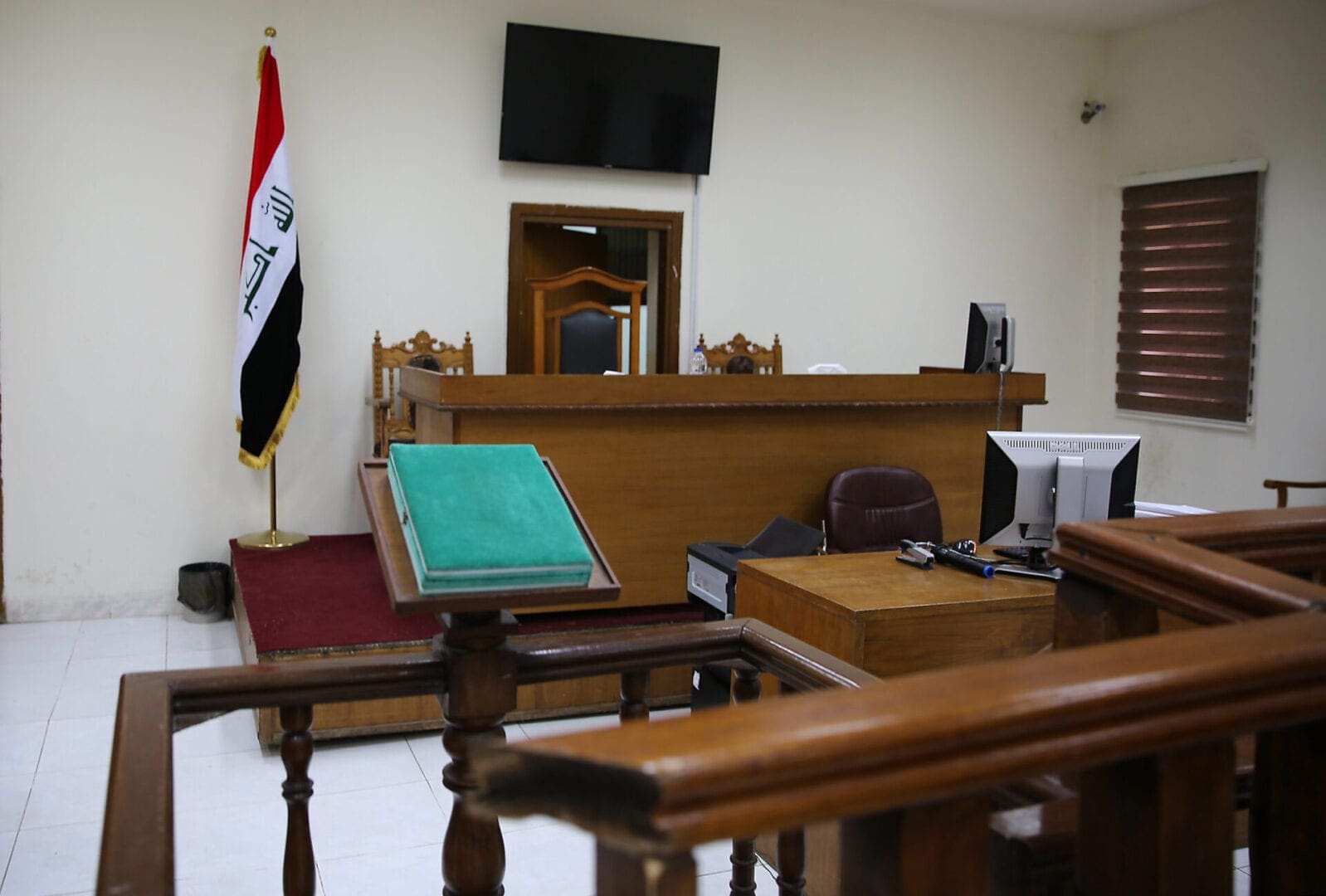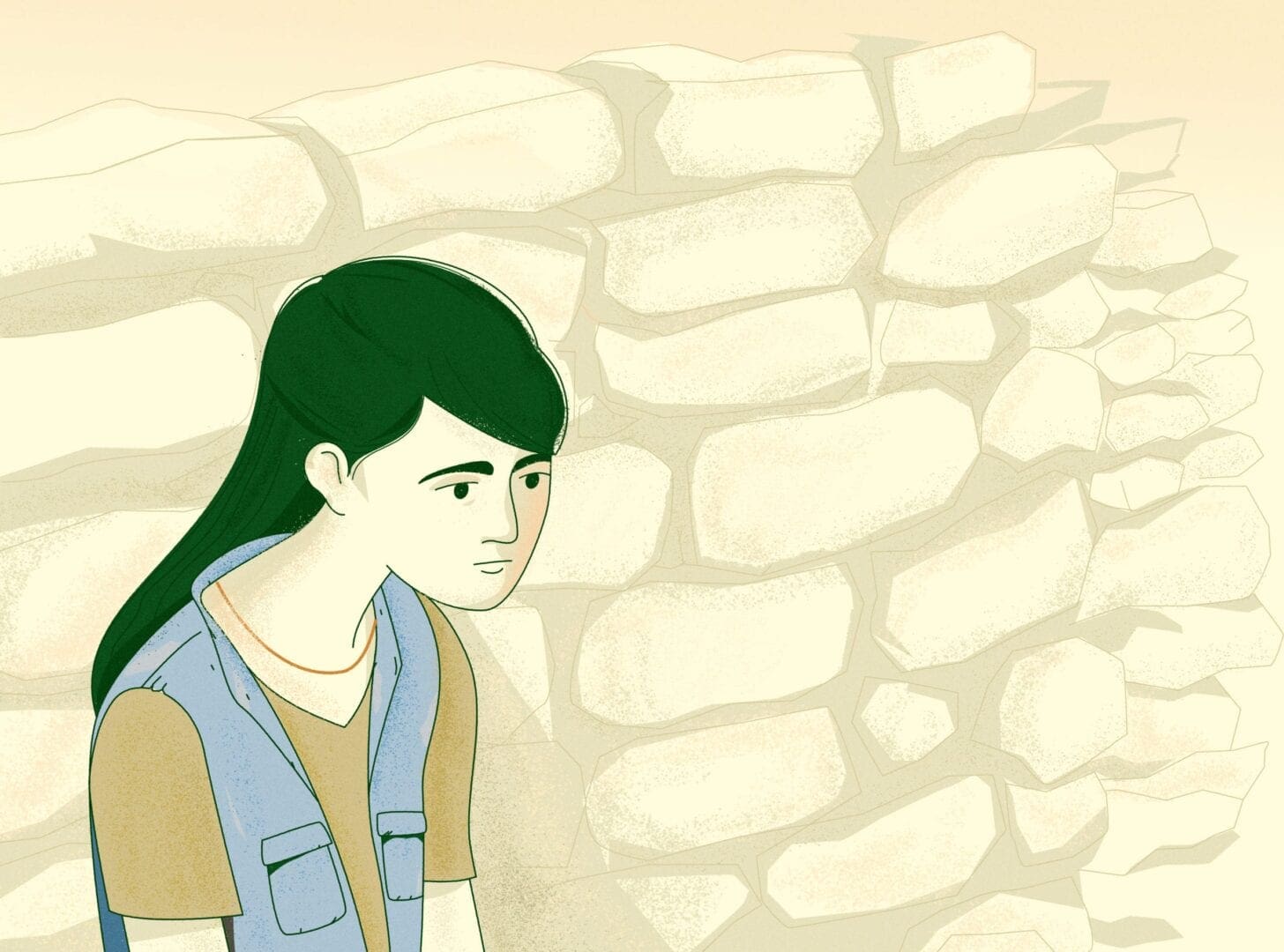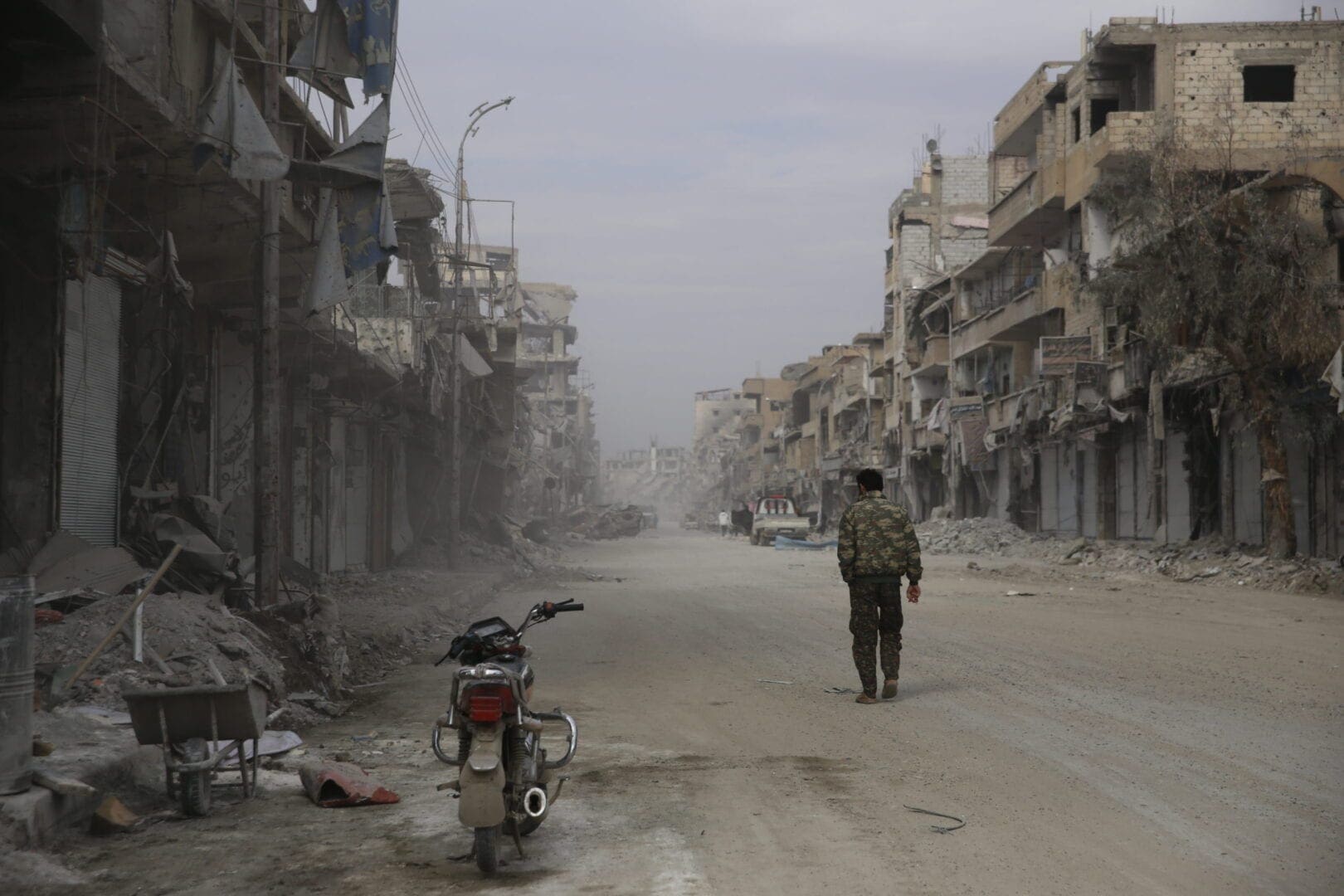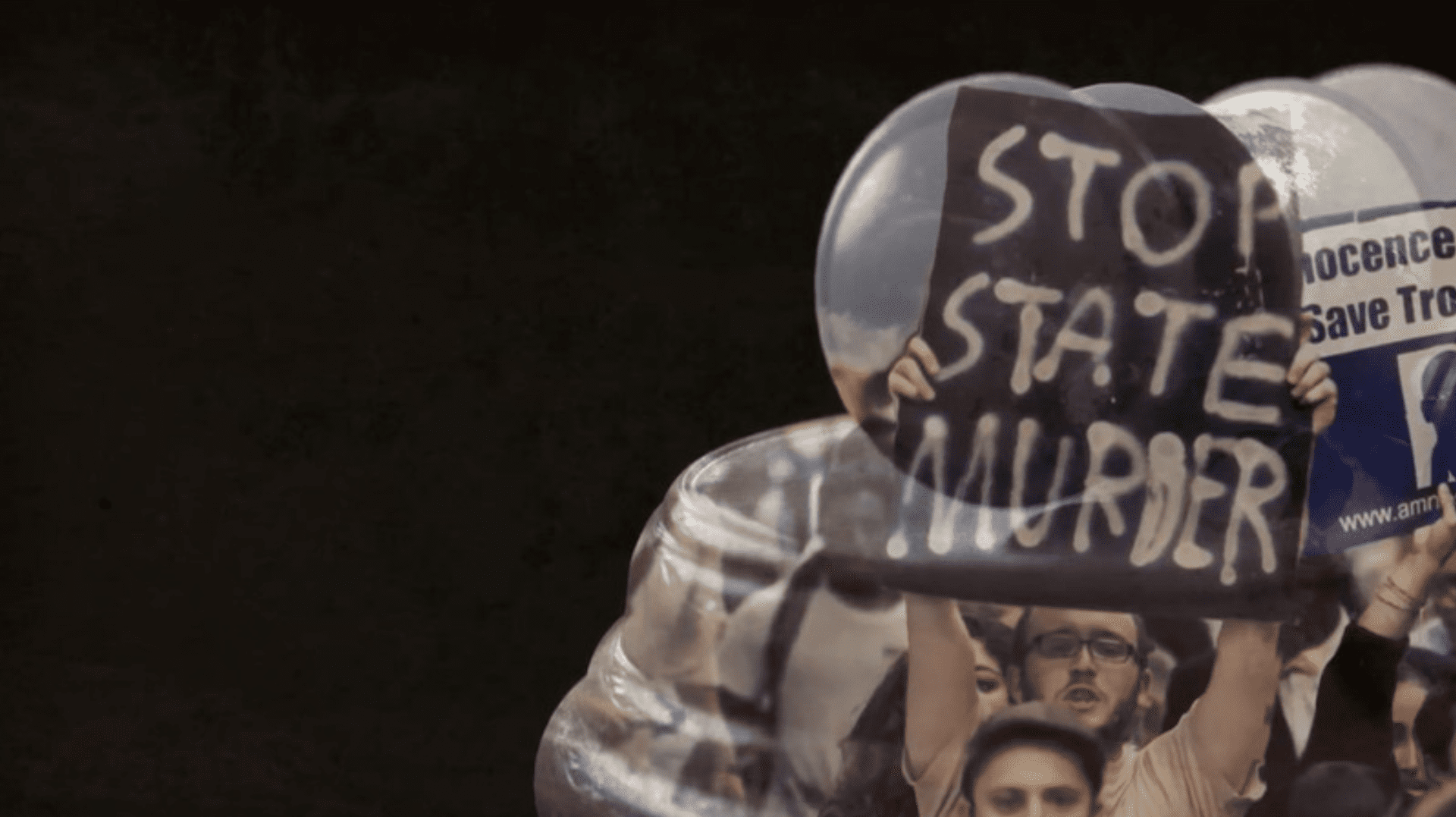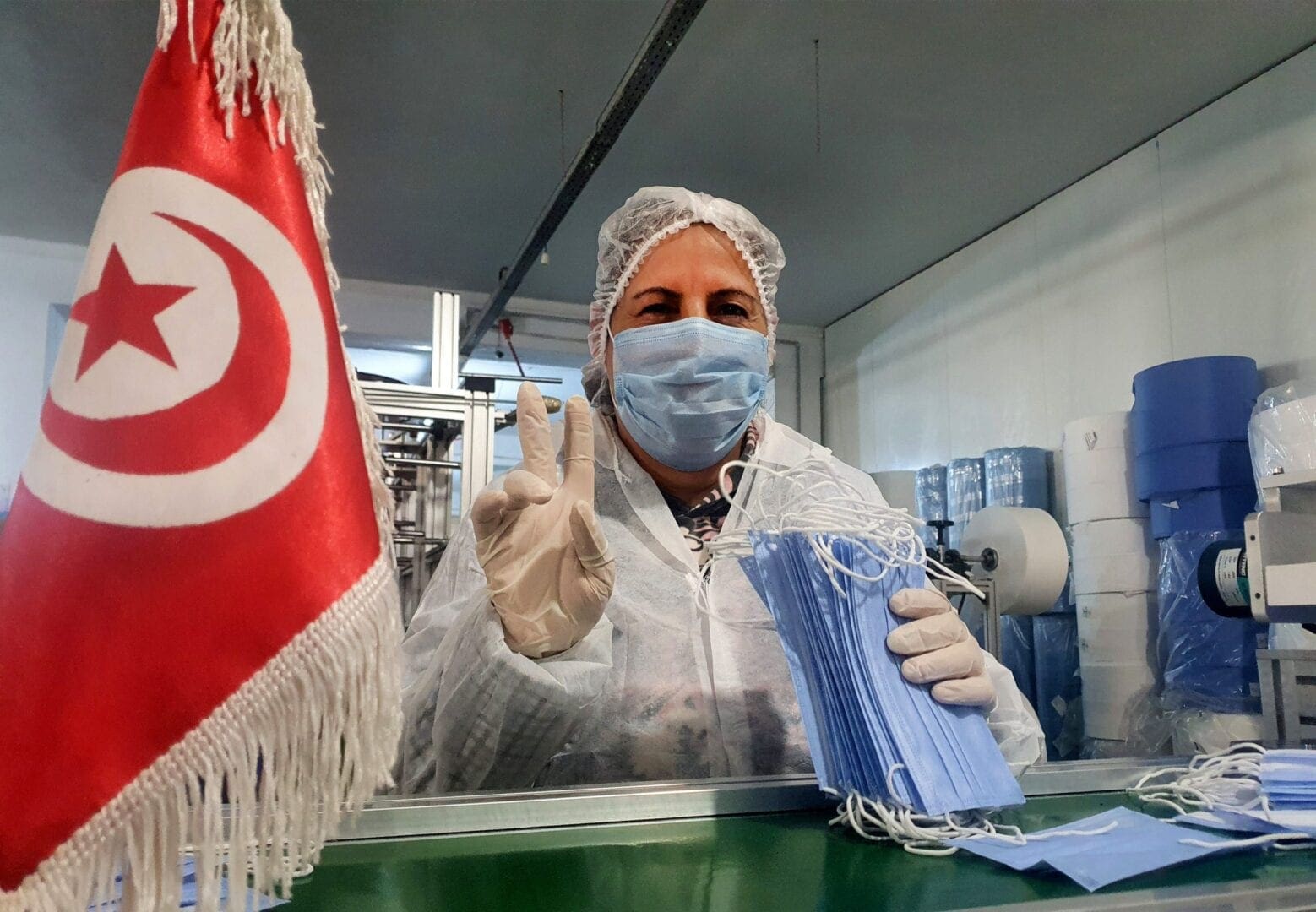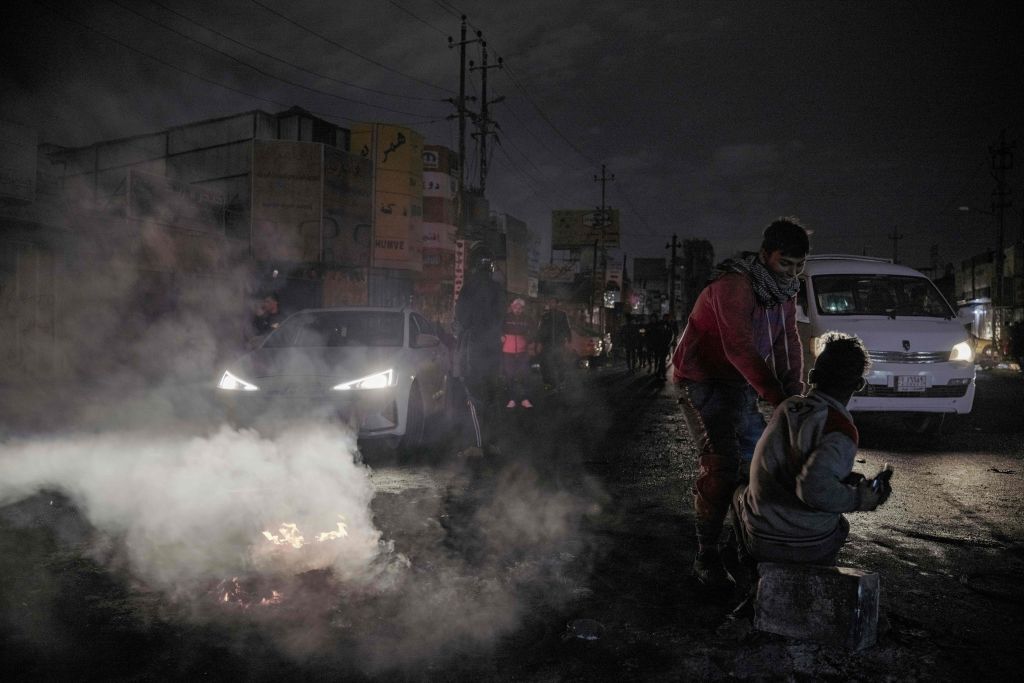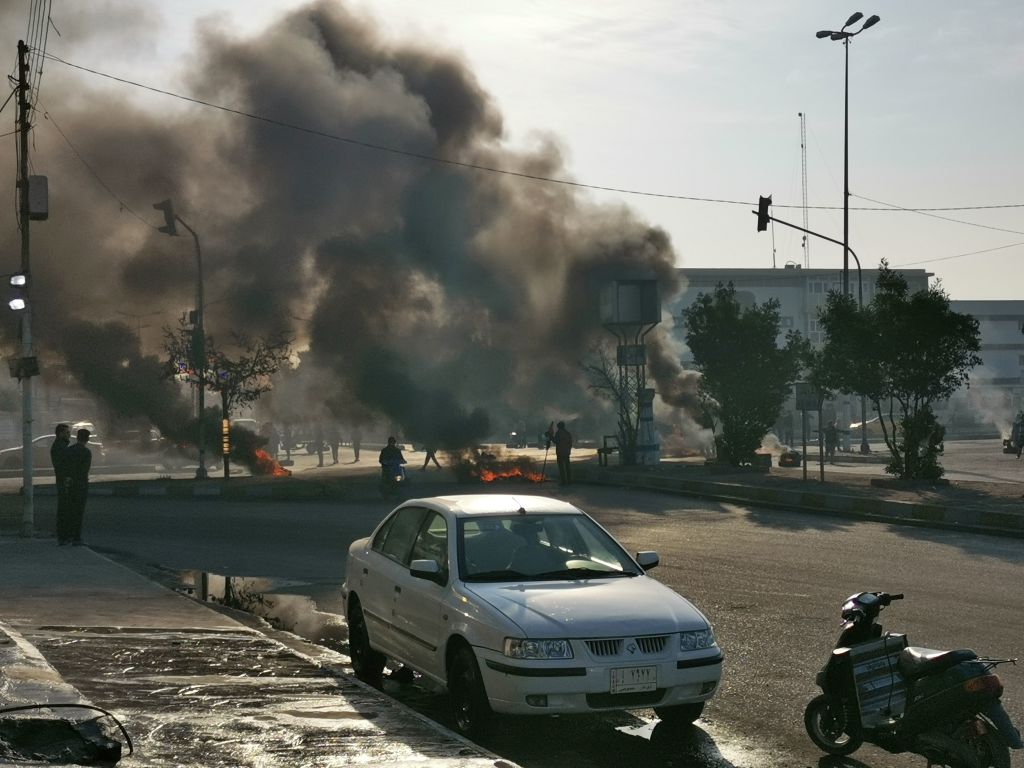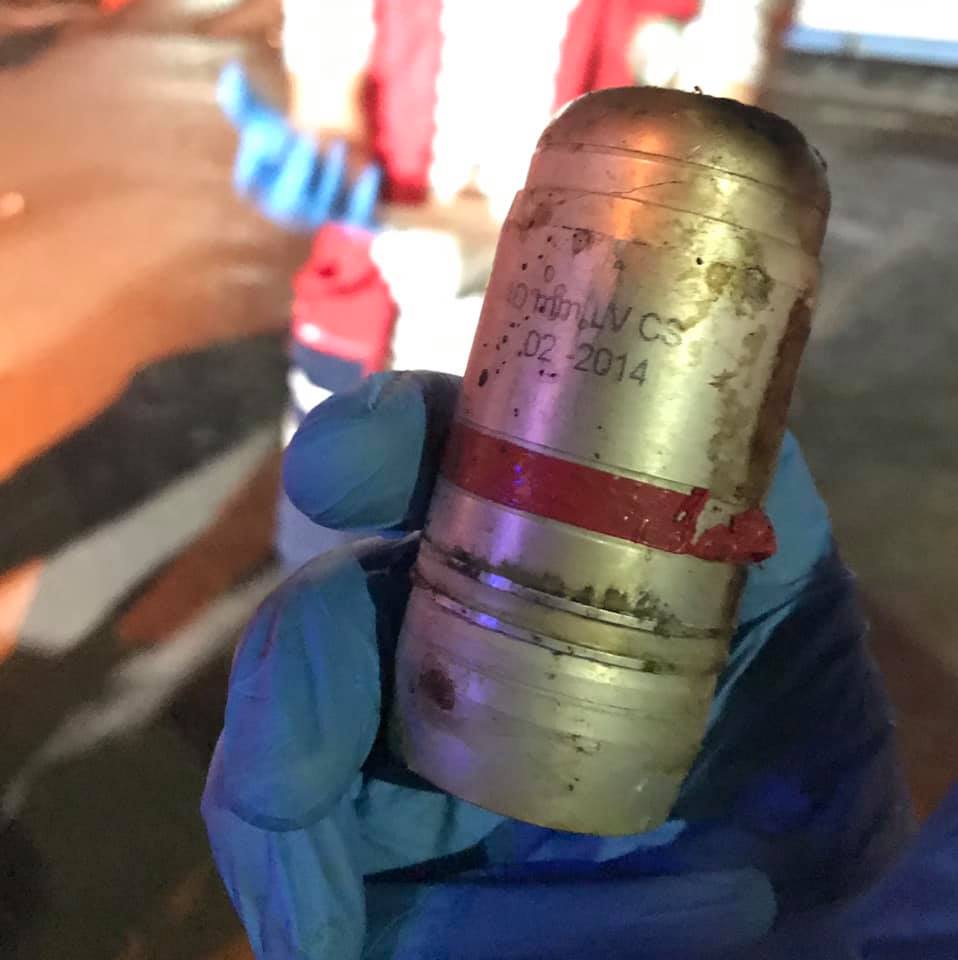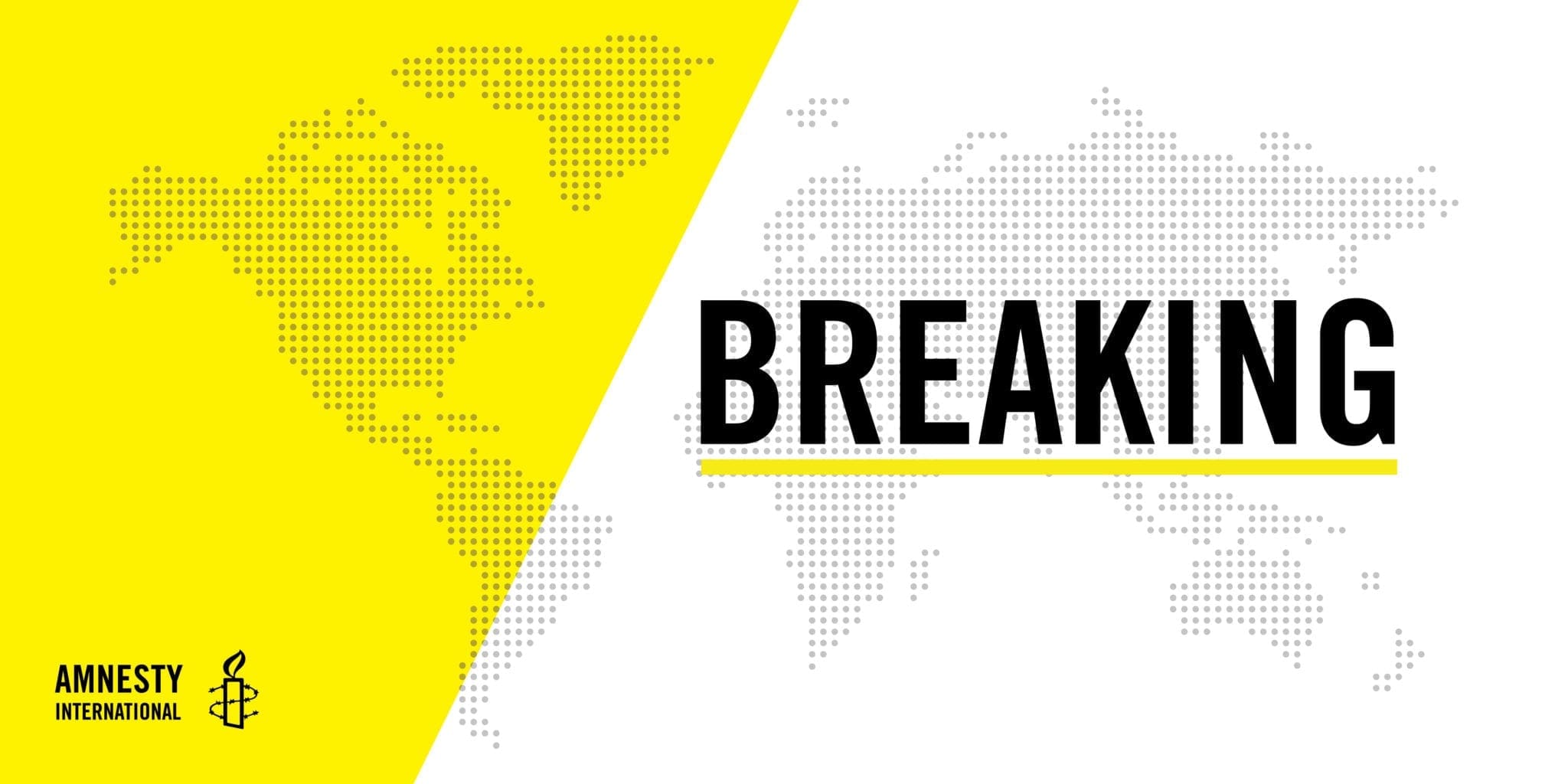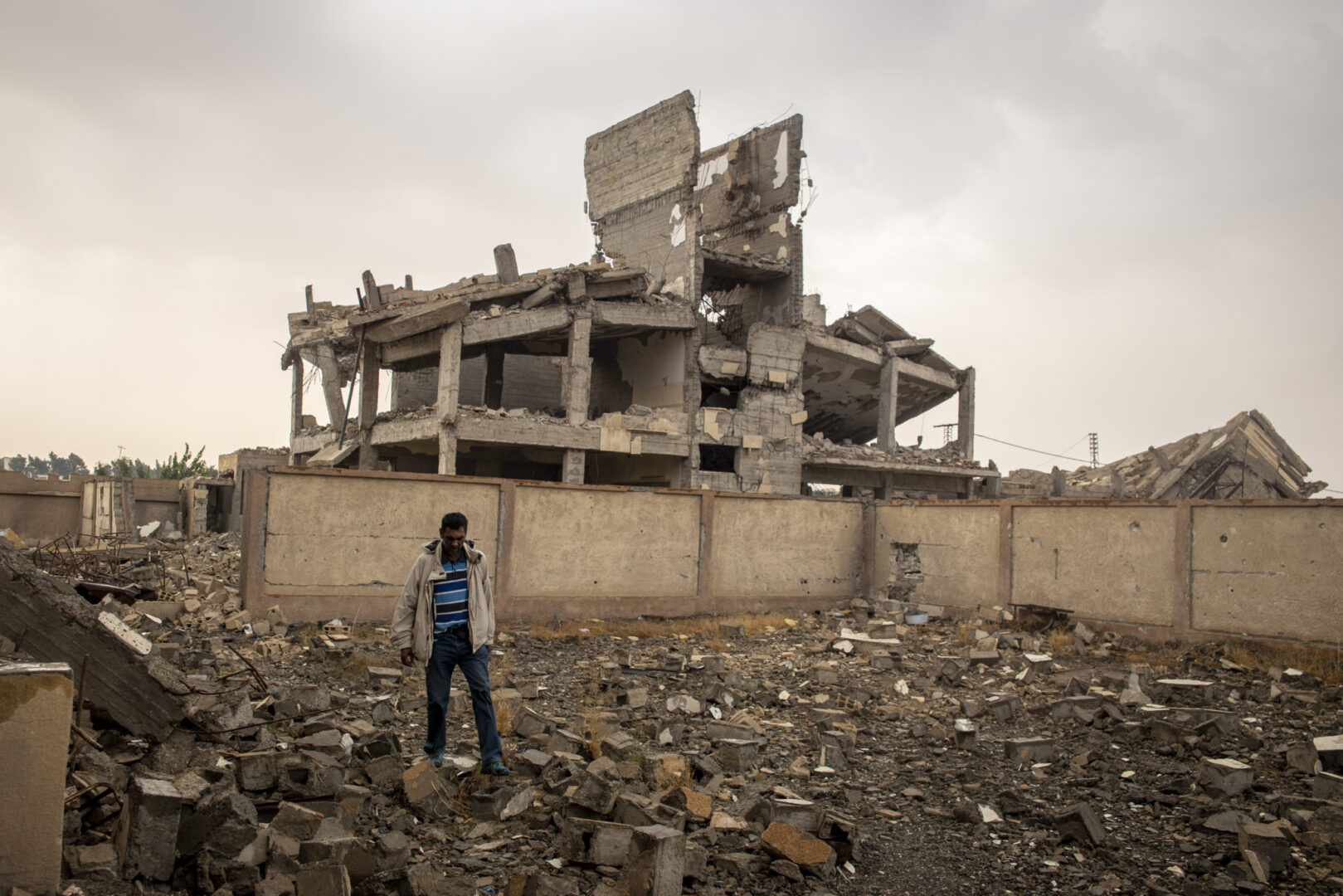OVERVIEW
Amid continuing political instability and sporadic clashes between armed actors, dozens of people were killed and thousands more joined the 1.2 million people already internally displaced. Kurdistan Regional Government security forces repressed freedom of expression and peaceful assembly. Impunity continued to prevail for past unlawful killings as well as for torture and other ill-treatment. Reports of gender-based violence increased while state-provided paths to protection remained minimal in both the Kurdistan Region of Iraq and central Iraq. Proposed legislation further threatened LGBTI people’s rights. Hundreds of thousands of internally displaced people continued to face obstacles in accessing vital services and dignified, safe return to their areas of origin. Courts continued to hand down death sentences following unfair trials. The authorities failed to provide adequate support to marginalized communities most affected by droughts, heatwaves and prolonged sandstorms.Background
A new government was formed in October more than a year after parliamentary elections. The delay was caused by disputes between political parties allied to the Popular Mobilization Units (PMU), which are affiliated to Iraq’s central authorities and were designated as part of the Iraqi armed forces in 2016, and the “Sadr Bloc” of parliamentarians supporting popular cleric Muqtada Al-Sadr, which won the majority of seats. The political impasse occasionally spilled over into armed clashes between rivals. After Muqtada Al-Sadr called on “Sadr Bloc” parliamentarians to resign in August, his supporters and members of the affiliated Saraya al-Salam militia stormed parliament in the Green Zone and clashed with PMU fighters using rockets, mortars and rocket-propelled grenades, leading to tens of deaths and hundreds of injuries. Clashes between Muqtada Al-Sadr’s followers and PMU factions perceived as aligned with Iran spread to Basra city between late August and early September and led to at least four deaths. Türkiye continued to carry out air strikes and shelling as part of its ongoing military operation targeting members of the Kurdistan Workers Party (PKK) based in northern areas of the Kurdistan Region of Iraq (KR-I). The Iranian Revolutionary Guards claimed responsibility for attacks targeting locations of Kurdish Iranian opposition parties in Erbil governorate. Such attacks led to deaths and displacement. Sporadic attacks by the armed group Islamic State, which targeted security forces’ barracks and checkpoints, continued in Anbar, Kirkuk and other governorates previously controlled by Islamic State. Media reported Islamic State abductions of at least 10 residents of Kirkuk and Diyala governorates, who were freed after their families paid ransoms.Relevant Links
- For more information visit the Amnesty International human rights report on Iraq
- 20 years since the US-led coalition invaded Iraq, impunity reigns supreme
- Government must match rhetoric on human rights with meaningful action
- Action must be taken on gender-based violence after murder of Tiba Ali by her father


